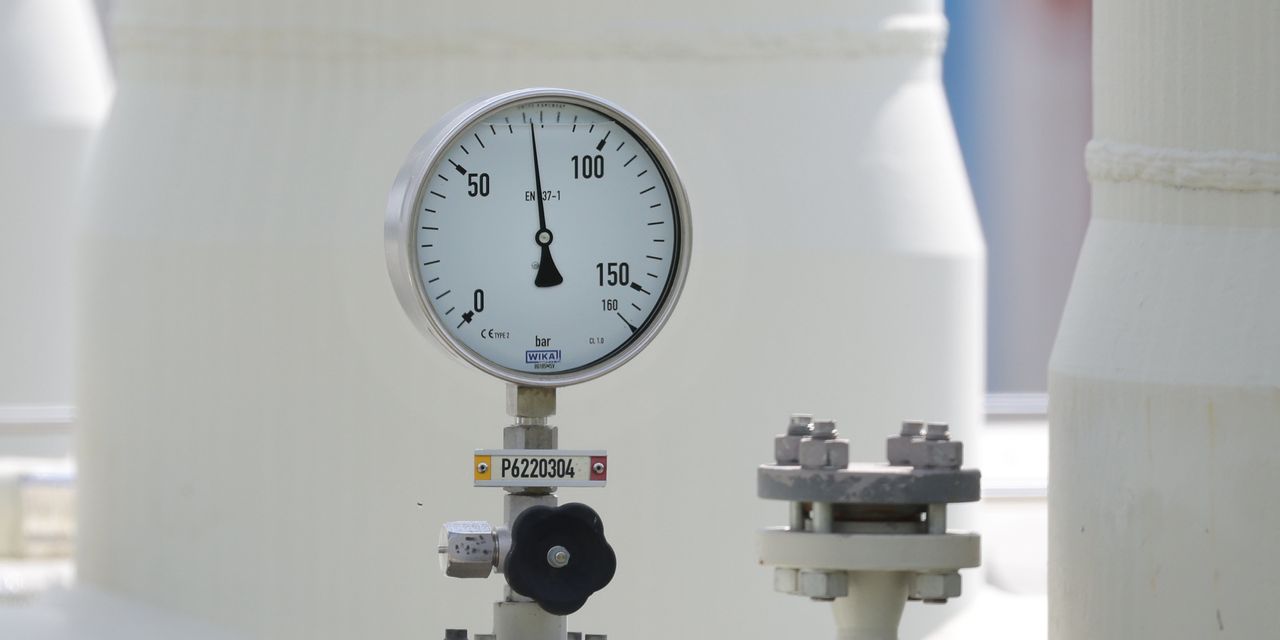“‘The world has never witnessed such a major energy crisis in terms of its depth and complexity. We might not have seen the worst of it yet — this is affecting the entire world.’”
The U.S. oil benchmark may have dipped back below $100 a barrel again on Tuesday, but Fatih Birol, head of the International Energy Agency, was in no mood to sound the all-clear.
Speaking at a global energy forum in Sydney, Birol said the current turmoil could speed a transition to renewable energy, but warned that the potential for significant pain lies ahead, Bloomberg reported.
“This winter in Europe will be very, very difficult,” Birol said, calling the crisis a “major concern” that “may have serious implications for the global economy.”
Dutch natural-gas futures have pulled back this week after Canada said it would allow the export to Russia of a turbine needed for the maintenance of the Nord Stream 1 gas pipeline despite sanctions. But futures prices remain more than triple the level at which they traded before Russia’s invasion of Ukraine toward the end of February, with traders concerned that there was no guarantee Moscow would resume full gas deliveries once the work on Nord Stream 1 ended.
Crude oil futures were under pressure Tuesday as fears of a global economic slowdown or possible recession took a toll on commodities, stocks and other assets perceived as risky. West Texas Intermediate crude for August delivery
CL.1,
the U.S. benchmark, slumped more than 4% to trade back below $100 a barrel. WTI traded shy of $130 a barrel in intraday action in early March as oil surged in the wake of Russia’s late February invasion of Ukraine.
